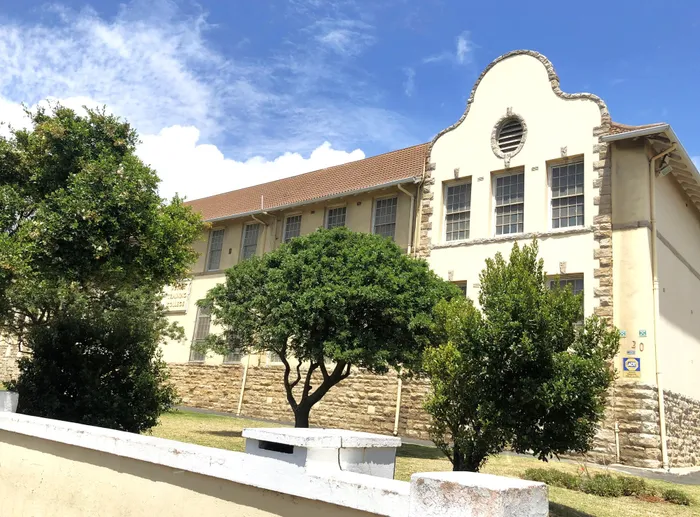School for struggling pupils to close

Best College in Salt River is closing at the end of the year.
An independent school in Salt River that supports struggling pupils will close at the end of the year due to a lack of funding.
The news comes less than two months after the Basic Education and Skills Training (Best) College marked its 25th anniversary in October (“Best College marks a milestone,” Southern Suburbs Tatler, October 25).
Based at the Wesley Training College, the Best College has 124 pupils studying towards matric or a Grade 9 pass to enrol at a technical vocational education and training college.
Speaking on behalf of the college, teacher Linda Malone said it had become too expensive to run due to many parents defaulting on school fees.
“We relied heavily on fees, and, sadly, too many parents did not honour their agreement to pay in full,” she said.
None of the 182 organisations and companies the college had sought funding from in 2022 had replied to its appeal, and a food fair last year had been poorly supported by parents, she said.
“We are heartbroken that our appeals to the provincial education department and our landlords went unheard. We tried our very best to save the school.”
The department had been notified about the closure and would offer support to all pupils who needed placement elsewhere, she said.
Provincial education department spokesperson Bronagh Hammond said they had learnt at the end of last month of the school’s plan to close.
“Since then, the department has been working on placement for these affected pupils,” she said.
The Metro Central Education District had sent application forms to the school to distribute to parents seeking to place their children in public schools, she said.
“The other alternative is to place pupils in independent schools that have spaces available for 2025.”
As Best College is a non-profit company that ran as an independent school, it did not receive the same funding as state schools.
The school hiked its fees from R7500 last year to R10 000 this year to raise close to R1 million it said it needed to cover its expenses.
Ms Hammond said funding was determined by the national Department of Basic Education’s national norms and standards for school funding policy.
“It sets standards for provinces in terms of the amount of funding that should be made available for independent schools.”
According to the policy, provincial education departments award subsidies to qualifying independent schools on a progressive sliding scale. These amounts are payable at levels of 60%, 40%, 25%, 15% or 0% of the provincial average estimate per learner expenditure (PAEPL) at public schools.
Ms Malone said the school specialised in supporting struggling pupils.
“We took in those who would not thrive in the overcrowded chaos of the public schools. The provincial department relied on us providing quality education to the most vulnerable, but, sadly, the provincial department was not there to help us through this crisis.”
Every day at the school had been a joy and a challenge, she said.
“It was a happy roller coaster of laughter and tears and hard work. We will all leave knowing that these really were the ‘Best’ years for all of us, which included pupils and educators alike.”
...